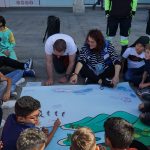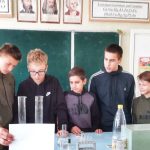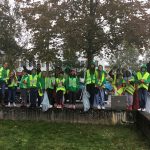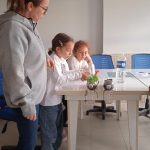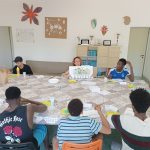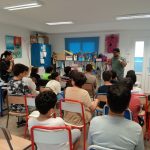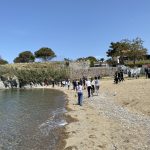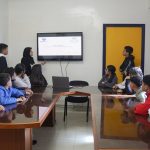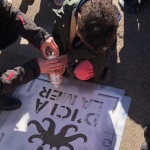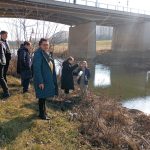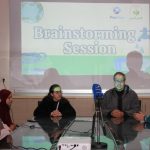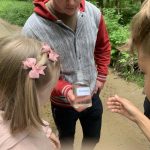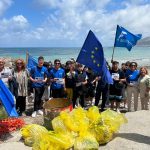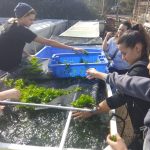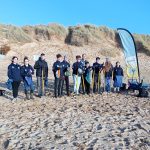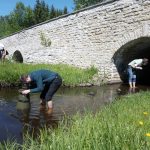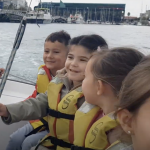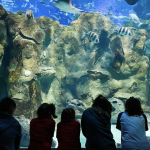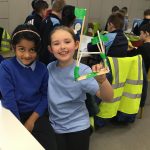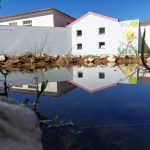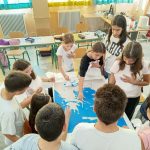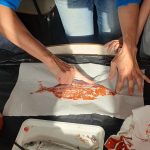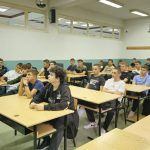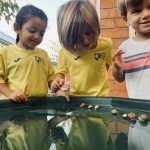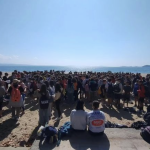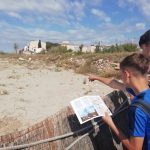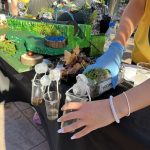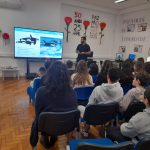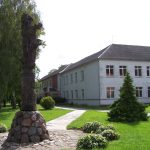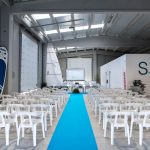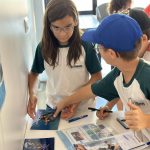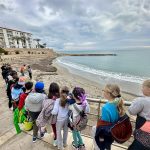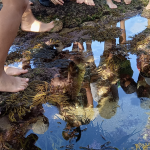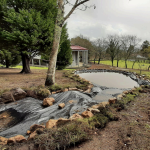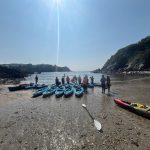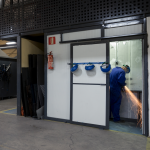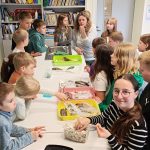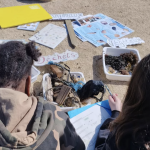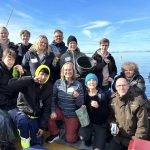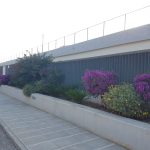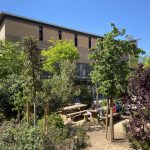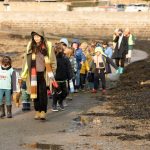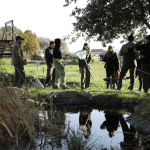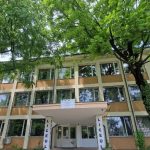
Botevgrad, Bulgaria
4th FUNDING CALL
Objectives
The project has four main objectives designed to build well-educated, concerned, and active citizens.
- Improve students’ understanding of water pollution drivers, stakeholder involvement, and strategic planning. This will be achieved through lectures from science teachers and local ecologists, as well as visits to local rivers, a dam, a swamp, and the Danube River.
- Identify the main drivers and impacts of water pollution and to upgrade students’ knowledge by having them perform tests as real scientists in the school’s microbiological lab.
- Help students understand the role of ecosystems in water pollution management and to foster a sense of responsibility for protecting water ecosystems.
- Engage students in social issues by making them more familiar with the responsibilities and laws of local authorities, and by having them organize and participate in volunteering events.
Activities and Collaborations
The project will involve approximately 17 students directly, with over 100 students participating indirectly in various activities. A team of four teachers and 17 students from science classes will be the core group actively working on the project. The project activities are divided into several phases:
- An initial announcement of the project will be made to students, parents, and local authorities.
- Students will attend lectures to learn about local water sources and how to collect reliable information.
- Visits to local water sources will be organized, including a protected swamp called Muhalnitsa, where the world’s largest migration of the mountain frog species takes place.
- A trip to the town of Silistra on the Danube River and the Srebarna lake, a UNESCO World Cultural and Natural Heritage site, is planned. Here, students will meet with an ecologist and conduct a water-tasting experiment.
- Open lessons will be held where students perform experiments, including physical, chemical, and microbiological analyses of drinking water from various sources. Parents, specialists, and other experts will be invited to these lessons.
- The project will also involve collaborations with the University of Chemistry and Physics, and students from partner schools under the Erasmus program. Twenty-five students from partner schools will be directly involved in open lessons, and an estimated ten students from other countries will also attend.
The project team will also engage with the wider community, including NGO representatives, the mayor, and an ecologist from the municipality. Experts from the Educational Inspectorate and former science teachers will also be invited to participate.
Expected Outputs and Impact
The project plans to produce a variety of tangible outputs and materials. These will include:
- Media products such as PPTs, videos, lesson guides, charts, drawings, and paintings for each stage of the project.
- These materials will be translated into English, German, and Spanish.
- The outputs will be published on the Erasmus result platform, the school’s website, and a YouTube channel.
- The project team will also give an interview for the school’s podcast.
The project aims to have a significant impact by promoting water literacy and sustainability. The activities are designed to be integrated into the existing school curriculum, specifically within science, environmental science, chemistry, biology, technology, social studies, art, and foreign language classes. This approach will introduce new topics and resources while enhancing existing curricula. By engaging students in hands-on activities, field trips, and citizen science methodologies, the project will foster critical thinking, self-discipline, and a sense of responsibility.



